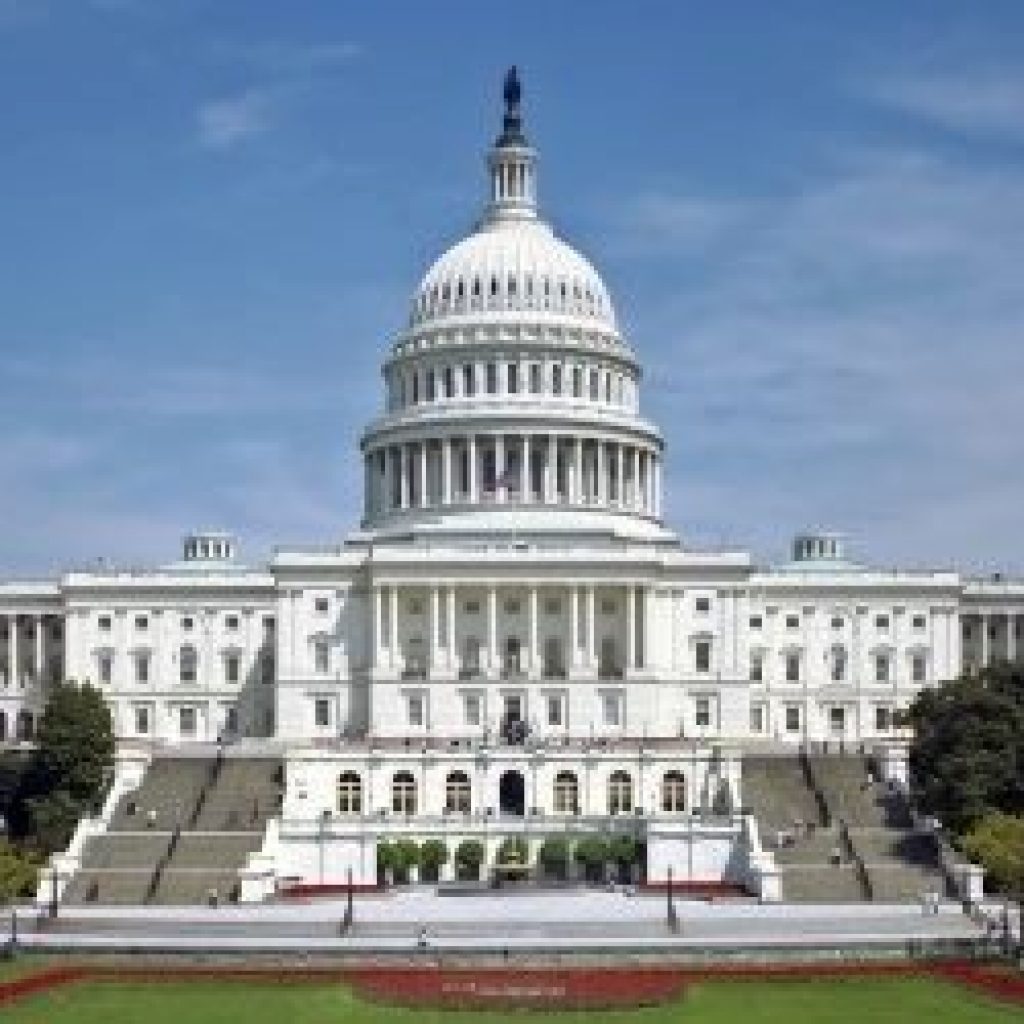(TechTarget) Makenzie Holland, proposed U.S. technology competition bills that aim to strengthen the supply chain by reducing reliance on overseas manufacturing. The legislation will also boost government investment in tech education as well as research and development. Inside Quantum Technology summarizes Holland’s overarching article with concentration on the implications for quantum technology.
Of interest to the quantum technology industry is her discussion explaining that “Legislators will face off over technology directorate. . ..Where things might get dicey between the House and the Senate as they work on a final bill is over funding to support a new technology directorate”.
The Senate bill wants to create an entirely new technology division at the National Science Foundation (NSF), which would keep its focus on emerging tech. Rob Atkinson, founder and president of the Information Technology and Innovation Foundation. says that Congress has long neglected investment in U.S. science and technology innovation.
Atkinson said the idea behind the technology directorate is to focus on those technologies that countries like China have also identified as areas to pursue, such as quantum computing, but to also involve the tech industry more than a traditional NSF model.
The House bill almost eliminates that idea as it provides less funding over time to a separate, robust tech directorate. While the Senate wants to provide $9 billion annually to the new technology directorate, the House wants to provide $3 billion annually. The two bodies are working to create one bill to send to the president to be signed into law. In his State of the Union address, Biden called on legislators to pass a final bill.
“To compete for the best jobs of the future, we also need to level the playing field with China and other competitors,” Biden said. “That’s why it’s so important to pass the bipartisan innovation act sitting in Congress that will make record investments in emerging technologies and American manufacturing.”
US Congress debating the funding for proposed new ‘Technology Directorate’
